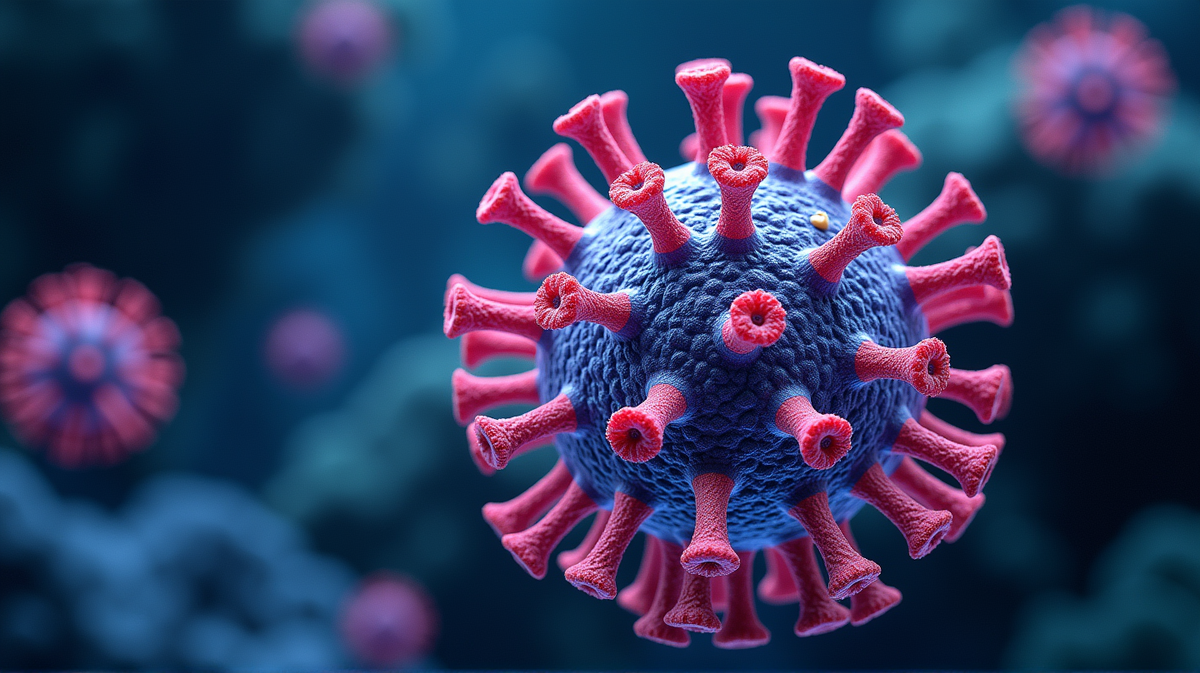Revolutionary Twist: Old Diabetes Drugs Boost CAR T-Cell Therapy for Bladder Cancer
UCSF uses diabetes drugs to enhance CAR T-cell therapy for bladder cancer, significantly improving NECTIN4 expression and treatment potential.

In a groundbreaking improvement in cancer therapy, researchers at UCSF have uncovered an innovative way to enhance CAR T-cell treatment for bladder cancer. This advancement involves repurposing an older generation of diabetes drugs, particularly thiazolidinediones, to increase the expression of NECTIN4—a critical protein target in bladder cancer cells. This enhancement helps in making these tumor cells more susceptible to CAR T-cell therapy, offering new hope to patients with treatment-resistant tumors.
Understanding the Bladder Cancer Challenge
Urothelial carcinoma (UC) ranks as the second most common genitourinary cancer, with alarming statistics showing over 16,000 deaths annually in the U.S. Despite significant advances, the survival rate for metastatic cases remains dismally low. Enfortumab vedotin (EV), a frontline antibody-drug conjugate therapy targeting NECTIN4, shows promising response rates but falters when cancer becomes treatment-resistant.
The Breakthrough Strategy
Led by the promising research at UCSF, a dual approach was taken to tackle this problem. The team, including senior author Dr. Jonathan Chou, discovered a pathway controlling fat metabolism—PPAR gamma—that facilitates NECTIN4 expression. By incorporating diabetes drugs such as rosiglitazone and pioglitazone, known to stimulate PPAR gamma, researchers significantly boosted NECTIN4 expression levels, thus improving the efficacy of CAR T-cell therapy against bladder cancer.
Intricate Workings of the Research
Detailed investigations by the UCSF team, in collaboration with experts from Memorial Sloan Kettering Cancer Center, revealed that even when tumors were resistant to one NECTIN4-targeted therapy, they retained NECTIN4 expression allowing for alternative treatment strategies. This pivotal insight allowed researchers to transform low-expressing tumors into high-expressing ones, improving the therapeutic attack on stubborn cancer cells.
A New Horizon of Treatment
The promising preclinical results have opened new avenues for CAR T-cell development in bladder cancer treatments. The combination of these older diabetes drugs with cutting-edge CAR T-cell therapy expands the therapeutic window, making previously resistant tumors vulnerable once again. This strategy not only paves the path for further drug combinations but also hints at a broader application in various urothelial carcinomas.
According to Technology Networks, these findings could redefine therapeutic strategies for bladder cancer, offering a beacon of hope to countless patients battling this aggressive disease.
The insights gained from this research are crucial stepping stones toward more personalized and effective cancer treatments, and herald a new dawn in the persistent fight against resistant bladder cancers.





